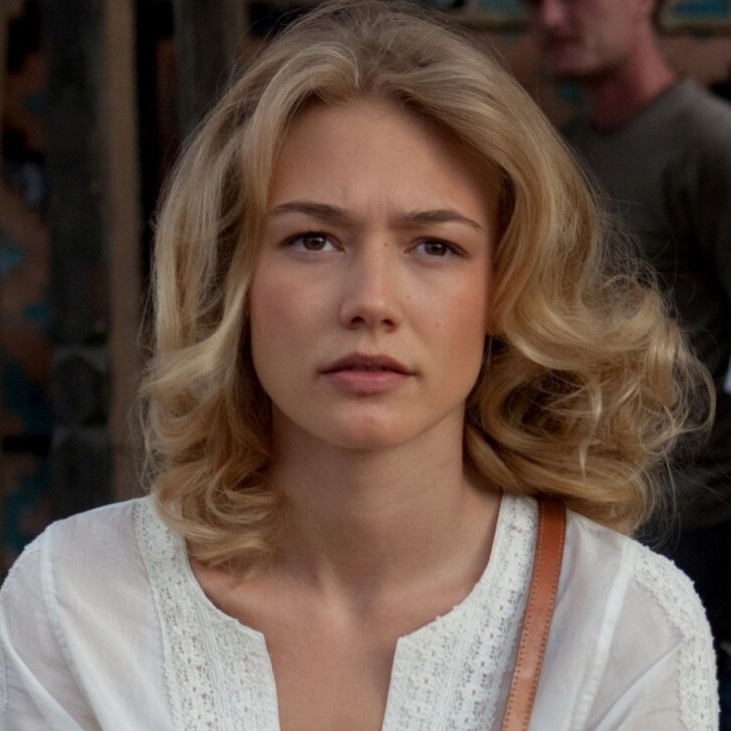On Tuesday, President Putin touted Russia’s dubious victory in the global race to find a vaccine for the coronavirus with the licensing of the injection solution Sputnik V. Its name alludes to the world’s first satellite, triumphantly launched by the Soviets in 1957, but millennials might confuse it with Egor Abramenko’s film Sputnik, which was a Russian streaming phenomenon this spring and is now available in the U.S.
A spawn of Alien, Sputnik is an acting showcase for Oksana Akinshina, 33, as was Lukas Moodysson’s harrowing Lilya 4-Ever, in which, at age 15, she gave an indelible performance as a teenage victim of Swedish sex trafficking. Initially, Akinshina is icy and obdurate in Sputnik as protocol-flaunting Moscow neurophysiologist Tatyana. Speaking via an interpreter in a recent Zoom chat, she attributes Tatyana’s stony reserve to professionalism and “internal work”—not her horrendous childhood.


